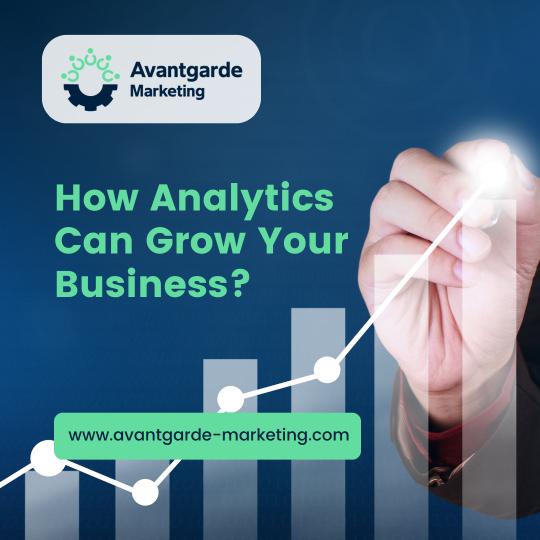
In today’s fast-paced digital landscape, data-driven marketing is more than just a buzzword—it’s a game changer for businesses across all industries. Whether you’re a small startup or an established enterprise, leveraging analytics can take your marketing efforts to the next level, drive growth, and improve your bottom line. But what exactly is data-driven marketing, and how can it fuel your business’s success?
What is Data-Driven Marketing?
At its core, data-driven marketing is the practice of using data to guide your marketing strategies, decisions, and campaigns. It involves collecting, analyzing, and interpreting customer behavior, preferences, and trends to create targeted and personalized marketing efforts. Rather than relying on intuition or broad demographic assumptions, data-driven marketing enables businesses to make informed decisions that are rooted in actual evidence.
The Benefits of Data-Driven Marketing
1. Precision Targeting
Traditional marketing often involved casting a wide net in the hope of attracting potential customers. Data-driven marketing changes that by allowing businesses to precisely target the right audience with the right message at the right time. Using customer data—like browsing habits, purchase history, and engagement patterns—businesses can segment their audience more effectively. This means that marketing efforts can be tailored to specific groups, leading to higher conversion rates and reduced ad spend.
2. Enhanced Customer Experience
Personalization is key to modern marketing, and data allows you to tailor your communications to individual customers’ needs and preferences. Analytics tools provide insights into customer behavior, helping businesses create highly relevant content and product recommendations. This personalized approach leads to a more engaging and satisfying customer experience, fostering loyalty and encouraging repeat business.
3. Increased ROI
Data-driven marketing allows for better allocation of resources, ensuring that your marketing dollars are spent wisely. By tracking the performance of campaigns in real time, you can quickly identify what’s working and what’s not, making adjustments on the fly. This flexibility helps to maximize ROI by focusing your budget on high-performing channels and strategies.
4. Improved Decision-Making
With a wealth of data at your fingertips, decisions no longer need to be based on guesswork or intuition. Analytics tools can provide insights into customer behavior, market trends, and campaign performance, enabling businesses to make informed, data-backed decisions. This reduces the risk of costly mistakes and increases the likelihood of success.
5. Scalability and Growth
Data-driven marketing is scalable, meaning it can grow alongside your business. As you collect more data, your marketing efforts can become even more refined, helping you to reach new customers and markets. Whether you’re entering new industries or expanding your offerings, analytics can guide your strategy, ensuring that you’re focusing on the most profitable opportunities.
How to Implement Data-Driven Marketing
1. Collect the Right Data
To start with data-driven marketing, it’s important to collect meaningful and accurate data. Focus on data that helps you understand your customers’ behavior and preferences, such as website analytics, CRM data, and social media interactions.
2. Set Clear Goals
Define specific marketing objectives, such as increasing website traffic, boosting conversion rates, or enhancing customer retention. Use these goals to guide your data collection and analysis efforts.
3. Analyze and Interpret the Data
Once you have the data, the next step is to analyze it. Look for trends and patterns that provide insights into your audience’s behavior and preferences. Use these insights to adjust your marketing strategies for better results.
4. Optimize and Iterate
Marketing is an ongoing process. Continuously optimize your campaigns by monitoring performance and making data-backed adjustments. As you gather more data, refine your strategies to ensure they align with your business goals.
Conclusion: The Future of Marketing is Data-Driven
Data-driven marketing isn’t just the future—it’s the present. Businesses that leverage analytics to guide their marketing efforts are seeing measurable improvements in customer engagement, conversion rates, and ROI. By using data to understand your audience and make informed decisions, you can stay ahead of the competition and foster sustainable growth for your business.
In today’s hyper-competitive market, embracing data-driven marketing is not just an option—it’s a necessity for long-term success. Start harnessing the power of analytics today, and watch your business soar to new heights.

